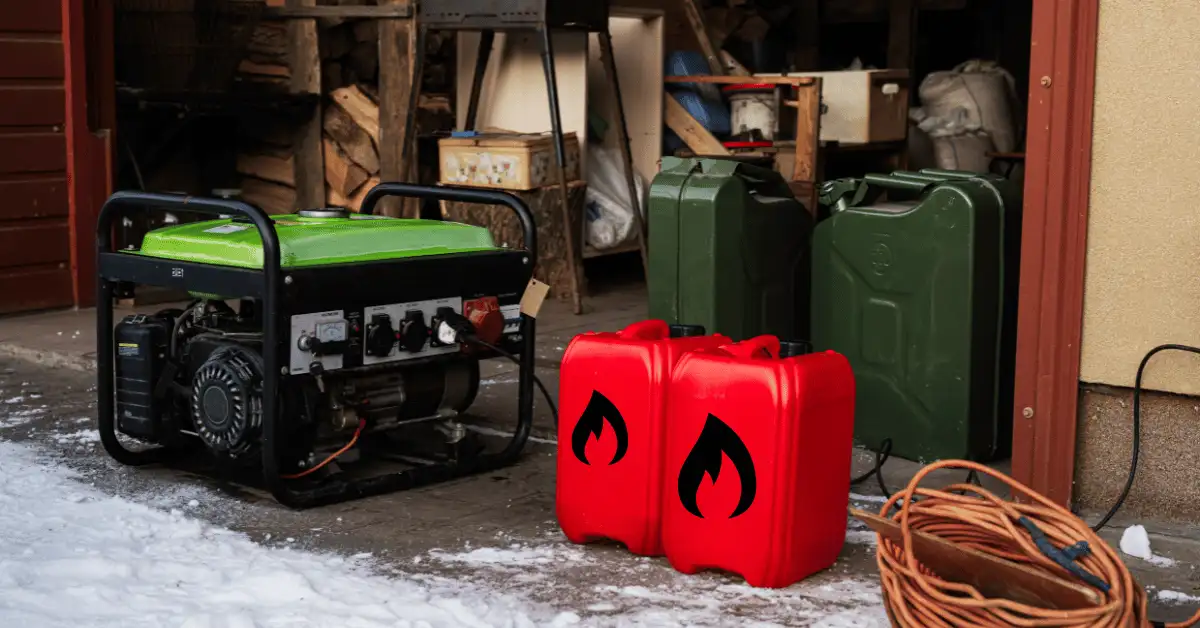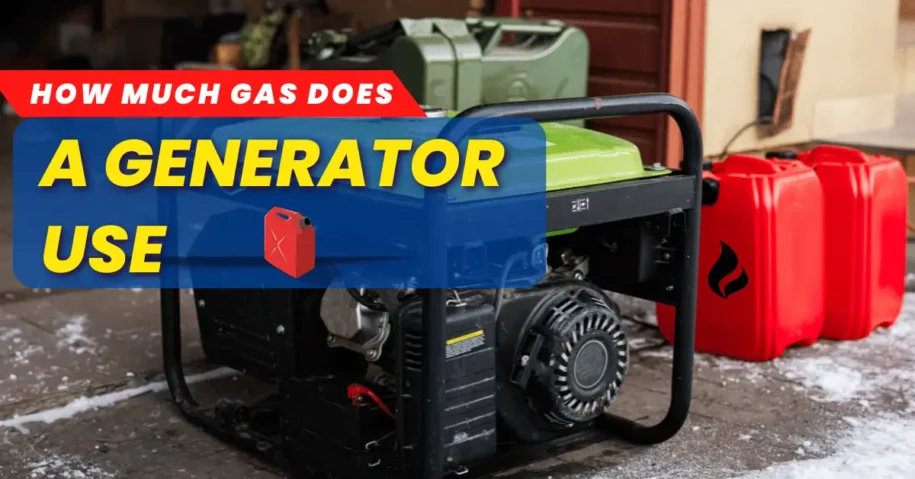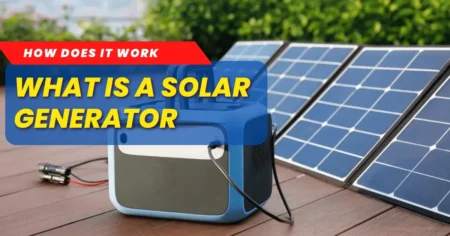Generators are essential for power outages, ensuring your home or business runs smoothly. But how much gas does a generator use? In this article, we’ll explore the factors that influence gas consumption, types of generators, and tips to save fuel.
Types of Generators
There are three main types of generators: portable, standby, and inverter. Each type serves different purposes and has varying fuel efficiencies.
Portable Generators
Portable generators are compact and easy to transport. They are ideal for camping trips, outdoor events, and small-scale power needs. Their mobility and versatility make them a popular choice for temporary power solutions.
Standby Generators
Standby generators are more significant and stationary. They are permanently installed and automatically activated during power outages, providing uninterrupted power to your home or business. These generators are powerful but consume more fuel due to their size and continuous operation.
Inverter Generators
Inverter generators are known for their quiet operation and fuel efficiency. They are perfect for running sensitive electronics like laptops and smartphones. These generators adjust their engine speed to match the required power output, making them highly efficient.
Factors Affecting Gas Usage

The amount of gas a generator uses depends on several factors, including generator size, load, fuel type, and maintenance.
Generator Size
The size of the generator plays a significant role in gas consumption. Larger generators typically use more gas, while smaller ones use less. Choosing the right size generator for your needs can help optimize fuel usage.
Load
Load refers to the amount of power required from the generator. A higher load means more gas consumption, while a lower load results in less gas usage. It’s essential to balance the load to ensure efficient fuel use.
Fuel Type
Generators can run on various fuels, including gasoline, diesel, and propane. Diesel generators are generally more fuel-efficient than gasoline generators. Propane is also a good option, offering longer run times and cleaner emissions.
Maintenance
Proper maintenance is crucial for optimizing gas usage. Well-maintained generators run more efficiently and consume less fuel. Regular cleaning and timely replacement of parts can significantly reduce gas consumption.
Gas Consumption Rates
Understanding gas consumption rates for different types of generators can help you plan and manage fuel usage. Here are some typical consumption rates measured in gallons per hour (GPH):
Generator TypeGas Consumption (GPH)
Small Portable Generator 0.25 – 0.75
Large Portable Generator 1 – 3
Standby Generator 1 – 4
Inverter Generator 0.1 – 1
Tips to Save Gas
To make your generator more fuel-efficient, follow these tips:
- Use energy-efficient appliances: Reduce the load on your generator using devices that consume less power.
- Turn off unnecessary appliances: Only run essential appliances to minimize fuel consumption.
- Maintain your generator: Regular servicing and cleaning ensure your generator operates efficiently.
- Choose the right size generator: Match the generator’s capacity to your power needs to avoid excessive fuel usage.
Frequently Asked Questions
How Much Gas Does A Generator Use Per Hour?
A generator typically uses between 0.75 and 2 gallons of gas per hour, depending on its size and load.
What Factors Affect Generator Gas Consumption?
The main factors influencing gas consumption are generator size, load, efficiency, and fuel type.
Can A Generator Run On Propane?
Yes, many generators can run on propane, offering longer run times and cleaner emissions than gasoline.
How Long Will A Generator Run On 5 Gallons Of Gas?
A 5-gallon tank can power a generator for approximately 3 to 7 hours, depending on the generator’s fuel efficiency and load.
Is It Cheaper To Run A Generator On Gasoline Or Propane?
Propane is usually cheaper and cleaner than gasoline. However, gasoline generators are more common and more accessible for refueling.
How Can I Make My Generator More Fuel-efficient?
To improve fuel efficiency, use energy-efficient appliances, turn off unused devices, maintain your generator regularly, and choose the appropriate size for your needs.
Conclusion
Now, you better understand how much gas a generator uses and the factors that affect its fuel consumption. Selecting the right generator and following the tips can optimize gas usage and ensure efficient operation during power outages. Stay prepared and save fuel with these insights!


















